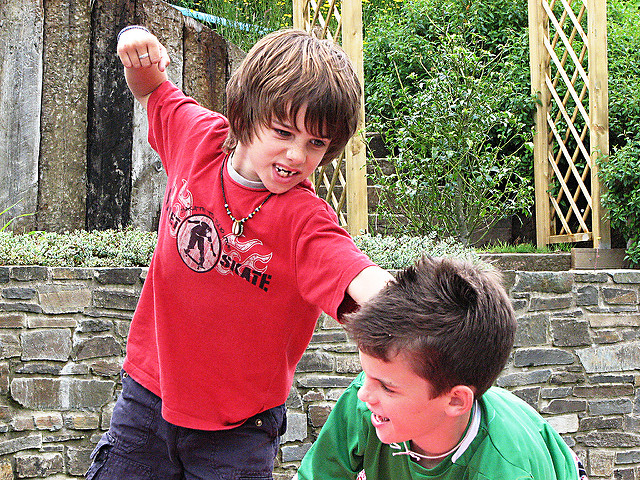How To Learn From Conflict
Conflict itself is never the problem. The problem is what people do with it. Few of us seem to be aware of the value of conflict as an engine for creativity! When it comes to living a healthy, conscious, fulfilling and meaningful life, being able to look at our conflicts with acceptance and compassion both within and without is priceless. It is one way we can notice and incorporate our unconscious disowned aspects.
What is Conflict?
I like Erik Erikson’s approach to inner conflict. He wrote that conflict is a psychosocial crisis, a turning point during which we struggle to attain some psychological quality. This can be a time of both vulnerability and strength, as we work toward success or failure. Conflict can contribute or impede your growth.
Conflict is often thought of as disputes between two or more parties in which those on one side feel threatened by those on the other side of the disagreement.
According to Karl Marx conflict refers to the tensions that arise when resources, status, and power are unevenly distributed between groups in society. According to him, these tensions can become the engine for social change.
Even though conflicts can be personal or between groups, I think that each and every conflict, however external it might appear, is ultimately an inner one. Our disowned parts, rooted in the unconscious arise as conflict. Growth is possible when we can accept this and achieve this perceptual shift.
How To Handle Conflict Between People And Groups?
Many conflicts bring couples to the point of divorce. Others have led to violence on planet earth. It is not surprising that our contemporary focus is on peace and conflict resolution.
Vamık Volkan, a psychoanalyst who is a pioneer in this subject talks about how individuals with cracks in their personal identity, when their group is threatened, do what they can to protect and maintain their group identity.
He says the psychology of war is the psychology of neighbors. When you talk you don’t kill. Most people operate from the oldest, most basic instincts governed by what neurologists call the reptilian brain. When they are hurt they are aroused and either fight or run away.
When a third party is involved as a mediator to enforce some rules to resolve conflicts, people are more likely to behave civilly and be understanding of each other’s positions.
Listening without interrupting and separating objective events from emotions is a skill that can be learned. As a third party one should never force fighting parties to be close. Instead, by clarifying psychological borders each can be validated in their identity.
Avoiding Inner Conflict Leads to Wars Within And Without
I am interested in people with cracks in their identities. Such people experience conflict within. They also suffer from internal individual struggles resulting from incompatible or opposing needs, drives, or external and internal demands and trauma. Rather than looking and processing these inner conflicts they project them onto others in various situations. We are all vulnerable to cracks at different degrees.
Dare you look of your inner conflicts in the eye? Being honest with oneself is not as easy as it sounds. We are equipped with many psychological defenses. Even though these defenses protect us in the short run, over time, our conflicts resurface either as an illness or as relationship problems.
William James said: ”Whenever you’re in conflict with someone, there is one factor that can make the difference between damaging your relationship and deepening it. That factor is attitude.” Since the most important relationship is with yourself, choosing the right attitude to approach your inner conflicts is one of the most valuable gifts you can give to yourself and to your loved ones.
Purpose of Conflict For Life
The aim of conflict is not resolution. Life needs tension; the aim of conflict is to create this tension between polarities. Dividing is a necessary step before we can gather our courage to bring the polarities together and rediscover our ‘One’ness.
So if you suffer from an illness or experience conflict with your environment ask yourself these questions?
- What inner conflict wants to be acknowledged?
- What part of me I dissociated myself with, wants to be reunited?
- How can I bring my attention within in order to solve these external problems?
If you enjoyed, or benefited from this article, be sure to sign up to my e-mail list. I promise not to abuse your trust. I’ll simply send you a reminder when my next article is published.
Attribution-ShareAlike 2.0 Generic (CC BY-SA 2.0)image:Aislinn Ritchie





